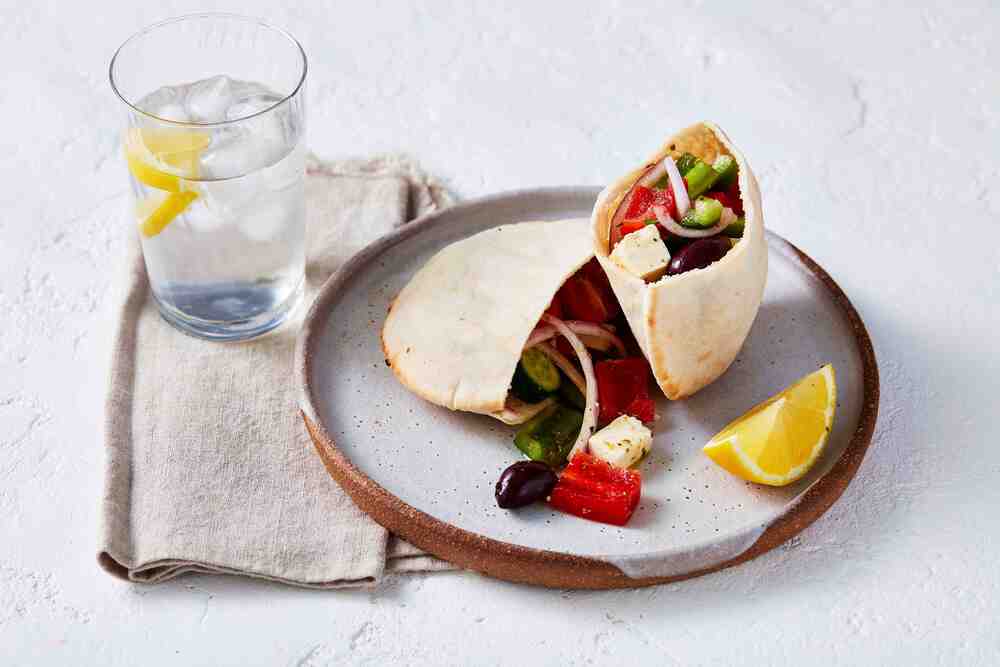Are occupations a factor in good eating habits?
Kristin Murdock
13 September 2023, 3:40 AM
 Gym owner, Logan Thorpe, from Condobolin, offers his insights into occupations and eating habits.
Gym owner, Logan Thorpe, from Condobolin, offers his insights into occupations and eating habits.CSIRO researchers have released a detailed picture of the country’s eating habits
Although Australia is ripe with golden soil and premium produce and has a reputation of being outdoorsy, bronzed Aussies, the nation is failing when it comes to embracing a balanced diet, with the national diet score falling well below a healthy level.
The CSIRO Healthy Diet Score report, canvassed the dietary habits of over 235,000 adults across the country between 2015-2023. The results revealed an average diet score of 55 out of 100 – and highlights some of the Australians most at risk from their eating habits.
So, what is the nation eating? Too much junk food for one thing!
At about 28 serves per week, the discretionary food component was the lowest scoring area of diet quality across all age and sex groups with a score of 20 out of 100. Alcohol, cakes and biscuits, chocolate and confectionery, and takeaway foods were found to be the biggest contributors.
The average score for vegetables was 58 out of 100, with only four out of 10 adults reporting eating three or more different vegetables at their main meal - an indicator of a healthy diet.
Calories in construction?
Those working in construction and the beauty/fashion industry reported the highest discretionary food consumption, at around 45 serves per week. In fact, construction workers were among those with the poorest diets (51/100), while retired Australians and those working in the fitness industry reported some of the healthiest eating patterns (59/100).
Logan Thorpe, owner of Logan Thorpe Fitness in Condobolin said the stats weren't necessarily representative of these job sectors in his experience.
"I know a lot of construction workers who are right into their fitness and healthy eating," Mr Thorpe said. "And while you'd like to think personal trainers all eat perfectly, that's not always the case either."
Born and bred in Condo, Mr Thorpe has run his gym since 2017 and it is open six days a week. Before then he worked as an linesman for Essential Energy- a job where you would imagine fitness plays a huge part.
"It was during the first part of my time at Essential Energy that I stopped playing sport, moved out of home and opted to buy my lunch instead packing it to which I then gained 20+ kilograms. After seeing the scales hit triple digits, I got myself a gym membership and began my long, drawn out weight-loss journey trying literally every diet known to man."

According to the report, the closest Australians got to meeting the Australian Dietary Guidelines was with beverages, achieving a score of 93 out of 100. This high score was achieved by predominantly choosing water over energy dense drinks such as soft drink or juice.
Meats and alternatives came in second with Australians registering a collective score of 78 out of 100 for compliance with the dietary guidelines.
Women eat better
The report also showed that while women only have a slightly better diet quality than men (56 v 53/100), their vegetable intake is markedly higher (62 vs 54/100).
Dr Gilly Hendrie, CSIRO Research Scientist and co-author of the CSIRO Healthy Diet Score report, said although Australians are often perceived as fit and healthy, the low collective score shows that we just meet the pass mark when it comes to adopting the national dietary recommendations.
"The good news is that a healthy diet can be achieved with some simple changes,” Dr Hendrie said.
“The things to keep in mind is reduce, increase and add variety. In other words, reduce the amount of discretionary foods being consumed, increase healthy foods including fruit and dairy and alternatives, and aim for variety by eating three or more different types of vegetables with your main meal.
“Improving our collective score is important to increasing our wellbeing, tackling Australia’s obesity crisis, and mitigating lifestyle diseases such as heart disease, Type 2 diabetes and some cancers.”
Mr Thorpe said he definitely now ate more fruit and vegetables than he did previously.
"You start to realise what is good for you," he said. "But when it all comes down to it, some people are just naturally lean, thanks to good genetics."
CSIRO is calling on all Australians to take the free, online Healthy Diet Score assessment, which both evaluates diet quality and identifies individual areas of improvement.
“It is clear that we have a long way to go. As a nation, we need to be eating better. We encourage people to take the test and improve their understanding of how their diet stacks up. It’s never too late to improve eating behaviour and overall health and wellbeing,” Dr Hendrie said.
Download the CSIRO Healthy Diet Score report here




